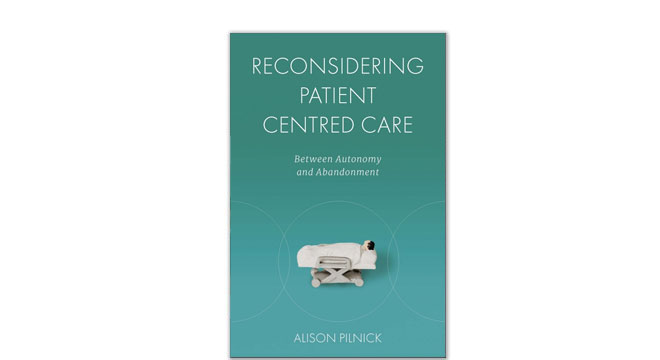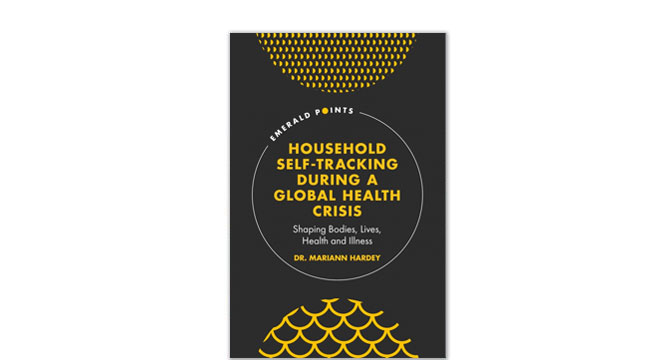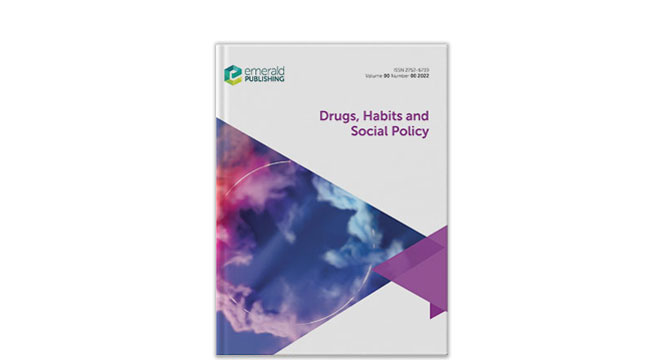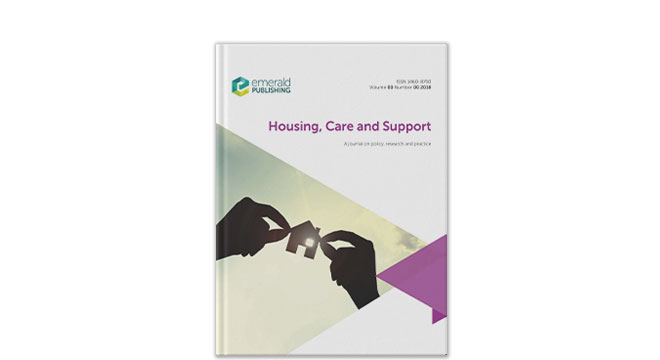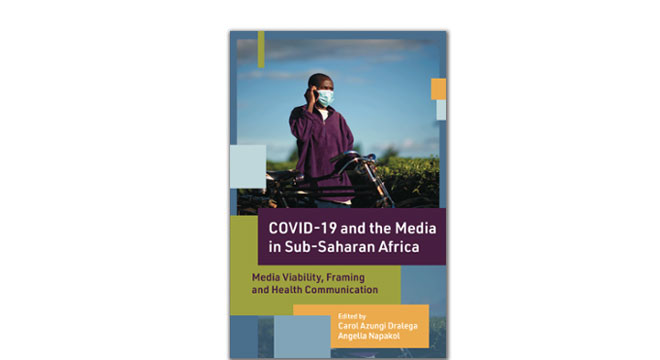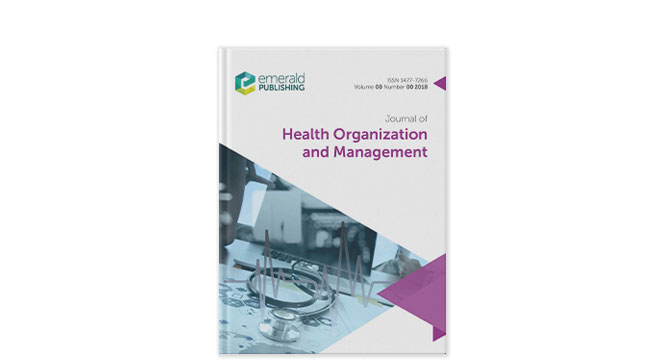Behaviour plays a critical role in people’s health, wellbeing and the lifestyle choices that they make. It’s also widely recognised that social indicators and material circumstances affect both individual and collective behaviours.
Therefore, activities and policies predicated on changing the health behaviours of people will be delivered at individual, community, organisation or population levels; although this can be difficult when the ethical acceptability of nudges to influence one’s thinking has become a rich seam of debate.
In our mission to better understand behaviour change on health and wellbeing, we ask: Are some health behaviours easier to change than others? Why is sustaining behavioural change so difficult? Is it more effective to change a number of behaviours simultaneously or one behaviour at a time? And do nudges enhance or restrict freedom of choice and personal autonomy?
We're inviting you to contribute to the discussion by sharing your research, insights and/or viewpoints that relate to behaviour change. Please get in touch with us.
This mission is aligned with our Healthier lives goal

Free access to our articles, blogs & podcast episode
Podcast & blogs
Take a look at our latest podcast episode and blogs to find out more about what our authors have to say regarding behaviour change on health and wellbeing.
Podcast
Self-compassion: the benefits of being kind to yourself
Guests: Mary Steen, Dianne Wepa, and Stephen McGhee
This podcast explores how self-compassion can have a positive impact on personal health and wellbeing.

Different routes to publication
If you would like to contribute to the discussion, take a look at our different routes to publication and contact us to get involved.

Additional information

Drug checking services at festivals and user behaviours
Can DCS offered at festivals help drug users?
View the infographic to find out more (PDF)
Article: Who uses drug checking services? Assessing uptake and outcomes at English festivals in 2018
Journal: Drugs, Habits and Social Policy
Drug checking services at festivals and user behaviours
Drug checking services (DCS) combine rapid chemical analysis with health consultations to reduce drug-related harm by
- Directly engaging with drug users to inform them of the content and strength of submitted substances, with individually tailored advice
- Alert stakeholders & wider drug-using communities to substances of concern
- Monitor drug trends
Can DCS offered at festivals help drug users?
- 7 music festivals in the UK (2018)
- 253,000 attendees
- 158,000 taking drugs at these festivals
- DCS delivered by professionals
- Uptake of 2.7%
2,672 substances of concern tested
Provenance of samples
- 91.5% of substances bought offsite matched purchase intent
- 75.6% of substances bought onsite matched purchase intent
When substances were other than expected:
- 61.7% disposed of further substances of concern
- 36.2% intended to alert their friends to substances of concern
When substances matched purchase intent:
- 48.7% intended to take a lower dose in future
- 1.2% intended to increase dosage
4,240 attendees received tailored health care
DCS users were more likely to:
- Be younger
- Be male
- Report having used multiple drugs in the past month
94.5% Had never spoken with a health professional previously about their alcohol or other drug use
5.5% Requested signposting or onward referral to health services
DCS delivered at festivals can serve as effective health interventions for young adults by reducing risks of poisoning or overdose and by providing access to healthcare support.
Who Uses Drug Checking Services? Assessing Uptake and Outcomes at English Festivals in 2018
Measham and Simmons (2022) DOI: 10.1108/DHS-02-2022-0008

Pandemic-related behavioural changes will persist
Talk to us about your work
We really welcome insights not only from researchers but practitioners too about their work.
If you would like to contribute to the discussion, or you are working on research in areas related to behaviour change on health and wellbeing, please let us know by filling in this form.










